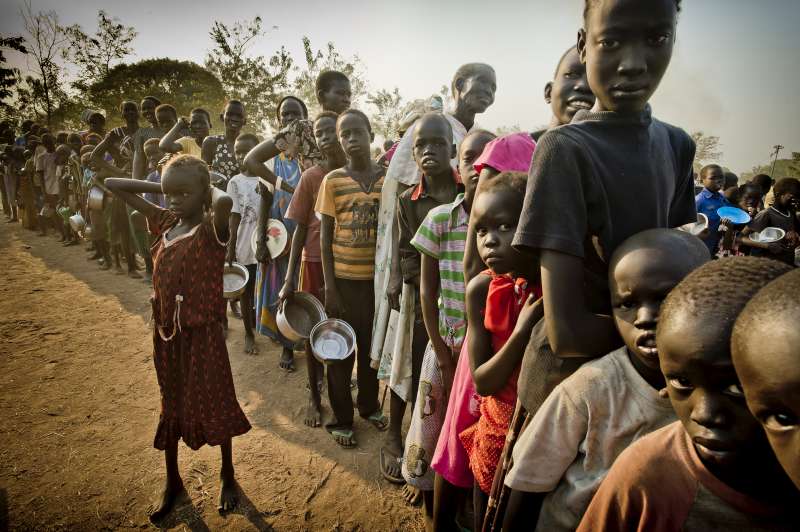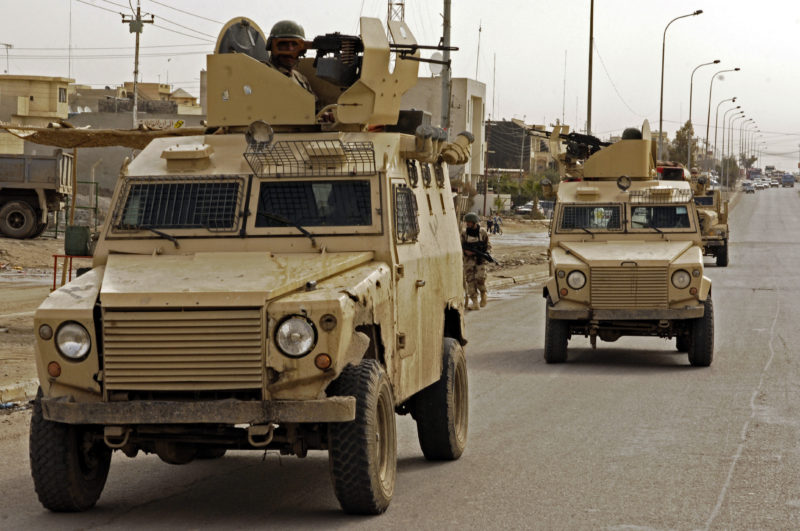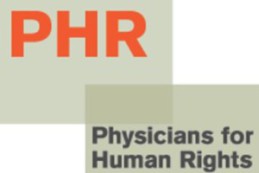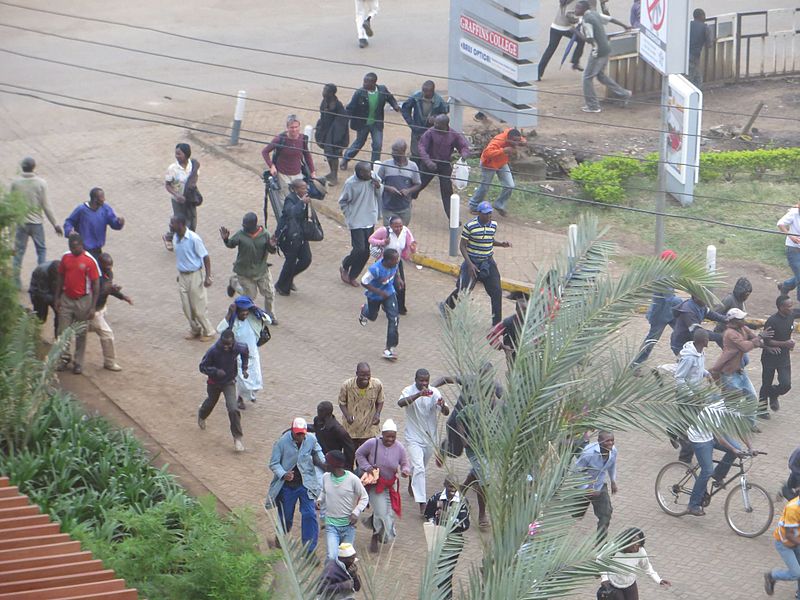As of July 2014, there are over 700,00 refugees from Sudan and 100,000 refugees from South Sudan displaced all over the world. This growing conflict has its roots in the region’s colonial past and subsequent 1956 independence from joint British and Egyptian rule. Following deep constitutional conflicts and divisions over political and economic distribution, tension between North Sudan and South Sudan led to a civil war. The establishment of the 1972 Addis Ababa Agreement formally ended the first civil war, but was short-lived as fighting and a second civil war resumed in 1983. South Sudan officially gained independence on July 9, 2011, but has since continued to be affected by violence, due to disagreements over shared oil revenues, border disputes and intercommunal-disagreements.
This ongoing conflict in Sudan has resulted 1.5 million deaths, 700,000 refugees, and 1.8 million internally displaced persons (IDPs). In the region of Darfur, the UN has noted the use of ethnic cleansing campaigns against non-Arabs throughout the conflict. In South Sudan, the conflict has created over 100,000 refugees and 330,000 IDPs.
The conflict and violence in Sudan and South Sudan are not the only causes for this refugee and IDP crisis, with economical and environmental changes causing people to leave as well. Sudan has declined economically due to sanctions imposed by the US and heavy inflation, whereas South Sudan, despite being rich in oil, suffers from mass corruption and financial disparities, with President Salva Kiir in 2013 opening an investigation into the mismanagement of $4 billion in government funding.
Desertification has greatly affected the people and landscape of South Sudan, causing droughts and poor farming conditions which have led to mass violence and famine and further forced migration by the South Sudanese population. Those who remain need increased humanitarian aid.
The protection and care of refugees and IDPs is primarily provided by the UNHCR. However, with many other refugee groups requiring aid, especially Somalis in South Sudan, attending to all those affected has been a difficult task. Refugees desperately require food rations, financial assistance, health services, and employment and educational opportunities. Yet not enough humanitarian support groups, including church groups, are available to adequately meet their needs.
IDPs in Sudan and South Sudan continue to be affected by violence. IDP camps in Darfur have been plagued by poor sanitation conditions, rampant spread of disease and gender-based violence. In South Sudan, those who have been internally relocated have suffered because of ongoing ethnic targeting and violence between President Salva Kiir’s Sudan People’s Liberation Movement (SPLM) and those in opposition.
Since conflicts between Sudan and South Sudan are far from being resolved, citizens on either side of the border are still faced with heavy violence, economic hardships and inability to access adequate resources, increasing the mass migration of refugees and IDPs within this unstable region.




